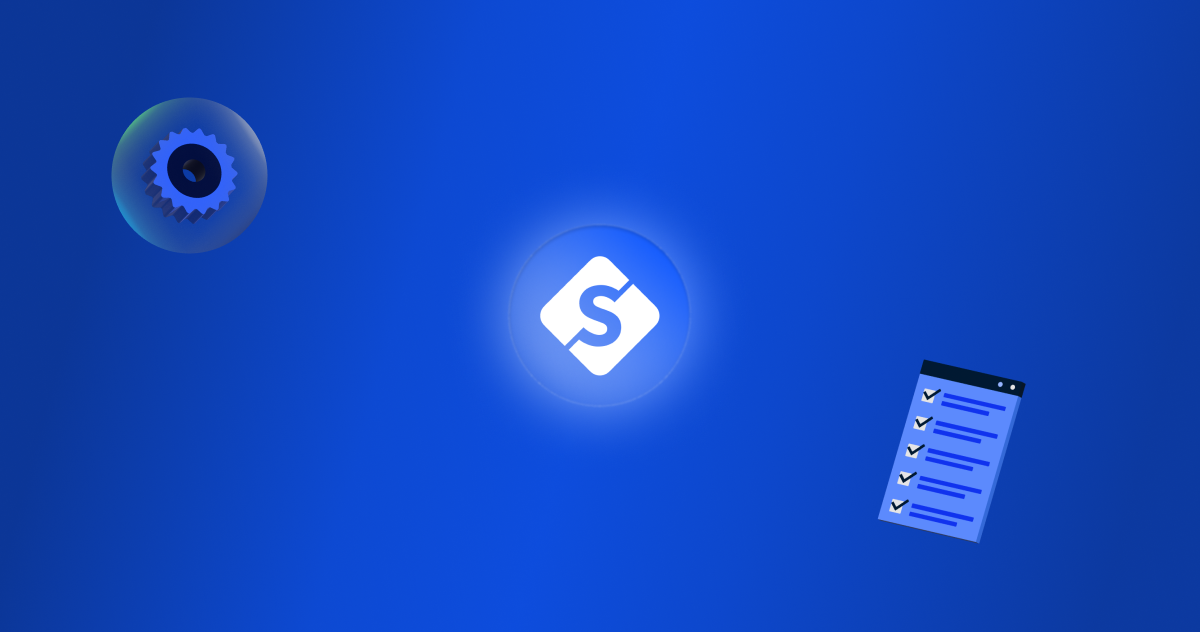Demystifying Blockchain With Real Use Cases

Demystifying Blockchain With Real Use Cases
While a lot of people are still trying to wrap their heads around the often volatile cryptocurrency market, SovTech, the creators of one of Africa’s first cryptocurrencies (Project UBU), offer a deeper look at what blockchain technology really is, beyond all of the hype.
To get some perspective on how blockchain is being used, I gathered together some of SovTech’s blockchain enthusiasts, who shared the blockchain projects they’re currently most excited about:
1. “The possibilities of blockchain are endless”
“What really interests me is the fact that blockchain is like the new internet, literally and figuratively. One can connect many devices onto this network, which is almost like a mesh network, and harness the power of these devices to be able to do extraordinary stuff like IoT, genome sequencing and essentially operate a new internet. Some of the projects I’m really excited about are Shivom and Golem.” – Blessing Jonamu, SovTech Full Stack JavaScript Developer
Like Blessing says, blockchain is changing the way we share information, just like computer networking changed our lives with the development of the internet.
To explore the projects he mentioned a bit further, Shivom is a genomic sequencing hub powered by the blockchain, which means that genomic data can now be shared in a more transparent and accessible way (which means that more information is available when it comes to developing clinical trials and developing drugs to fight diseases).
Golem is a decentralised supercomputer that developers can use and pay for using Ethereum. The benefits of this are outsourced computing power that can take on more intensive projects like Machine Learning. This means that anyone with a big idea can potentially build something great (without having to physically own a data centre’s worth of computer power themselves).
2. Blockchain is being implemented at national scale
“Estonia [is] implementing a digital nation where they use the blockchain to provide transparent information on their healthcare registry. National IDs are linked to the blockchain so everyone is verified when it comes to voting.” – Kudakwashe Mupeni, SovTech Backend Developer
While many countries around the world are building blockchain-related projects, not all countries actually fully support decentralised projects from a regulatory perspective (yet). Estonia, on the other hand, is forging ahead with the nationwide implementation of blockchain projects like the one Kudawkwashe speaks about above (as well as many others).
Imagine the implications for elections in Africa with the use of blockchain technology? If MTN and Vodacom’s investigations into using the blockchain are anything to go by, large-scale blockchain implementation isn’t too far away.
3. Blockchain is changing consumer culture
“A Dutch startup called Moyee has partnered with FairChain to launch the world’s first “blockchain coffee”. It might be gimmicky but real world usage rolling out with small products like this pave the way for economies where we can audit actual fairtrade. This implementation also helps push money back to the farmers in the coffee-producing countries.” – Pawel Janiak, SovTech Full Stack Developer
As Pawel suggests, using the blockchain to track the source of consumer products is going to change the way we shop. While before, it might have been complicated to track the exact source of a product/transaction (because of the many middlemen involved), the blockchain makes tracing the origins of a sale much easier by being able to track each step along the “chain”.
It might seem a bit trite right now, but when blockchain is implemented at scale, the blockchain applications that companies like Moyee are using have the potential to democratise all kinds of value chains and transactions.
4. Blockchain is powering more private browsing
“Brave browser is one of my favourites. It’s faster and provides better privacy than most. News is published by real companies and it also allows free advertising.”– Roland Wamara, Sovtech Lead Solution Architect
As Roland’s use of Brave suggests, even the way we look for information online is changing with the use of blockchain technology. While we continue to be surprised at the way retargeted ads keep creepily popping up on our screens at uncanny times (even after knowing about “cookies”), blockchain technology is making browsing a more private experience (by being able to easily limit the way you “shield” yourself online).
This definitely raises a lot of interesting questions when it comes to how this will implement online search in the future. How will we interact online when all kinds of transactions are more traceable?
How Do I Implement Blockchain in My Business?
You don’t need to rehaul your entire IT infrastructure to take advantage of blockchain technologies. By just taking the time to see where blockchain could benefit your business processes, you’re already preparing for the future, and making sure that you’re equipped with the necessary mindset to adapt in the years ahead. This is especially relevant because as with any kind of “new” technology, blockchain is also going to come with intensive regulation, as well as unforeseeable societal impact.
As Seen On Over 400 News Platforms













